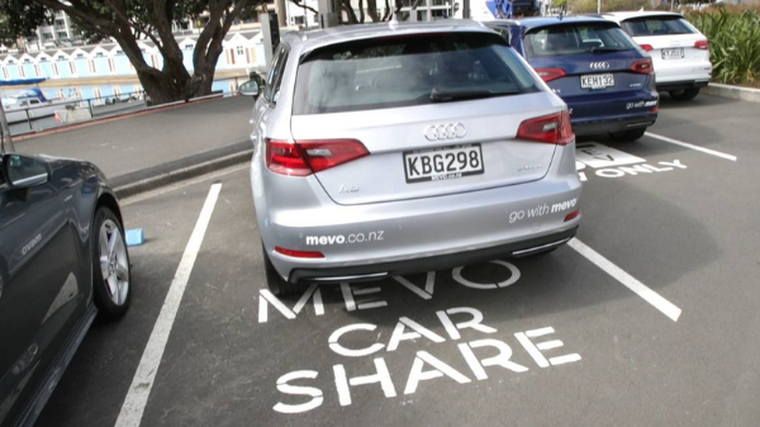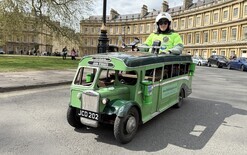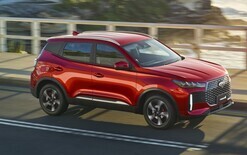Car sharing surges in capital

Car sharing is on the up in Wellington with nearly 50,000 journeys in the capital involving such schemes in the past year.
Latest figures show more than 7,200 people belong to car-sharing schemes in the city and membership is increasing.
Wellington City Council has car-sharing policies designed to encourage the use of such services as a flexible, low-carbon option that sits alongside public transport options.
Data from the capital’s two car-sharing providers, Mevo and Cityhop, shows that across the two schemes one car-share vehicle replaces 11 private vehicles. The companies’ figures also claim 70,000kg of carbon dioxide (CO2) from car share trips has been offset in the 12 months to the end June 2020.
Mayor Andy Foster says this shows alternatives to private vehicles are a priority for Wellingtonians.
“Car sharing supports inner-city residents and businesses by giving people greater travel choices, and it means they can get a car when they need one while avoiding the high cost of car ownership and sometimes congested parking that comes with owning a car,” he explains.
“These car-share operators also contribute to the Let’s Get Wellington Moving and Te Atakura – First to Zero work programmes, supporting the city’s growth and climate change response.”
Ridesharing is also enjoying increased demand at a time the NZTA reports public transport usage has plummeted since the resurgence of Covid-19.
Erik Zydervelt, chief executive of Mevo, says the company has experienced one of its busiest months and September 1 had the largest number of trips it has seen since February 2020.
The number of trips taken in the first week of September was up 81 per cent compared to the same month the year prior, and was up more than 30 per cent compared to August.
Car sharing targets people who want to use a car for brief periods of time and only pay for their usage. The cars are generally newer model, low-emissions vehicles, and some companies offset all fuel emissions produced.
Global research suggests car-share schemes cut parking congestion and support the use of public and active transport.
Foster says the council provides dedicated on-street car parks for vehicles in such schemes and allows them to “free float’ among any of its parking bays for extended periods provided they pay for parking.
“The council has around 30 car parks across the city specifically for car-share vehicles which helps reduce the need to own a car – or at the very least, to not bring their car into the CBD.”





